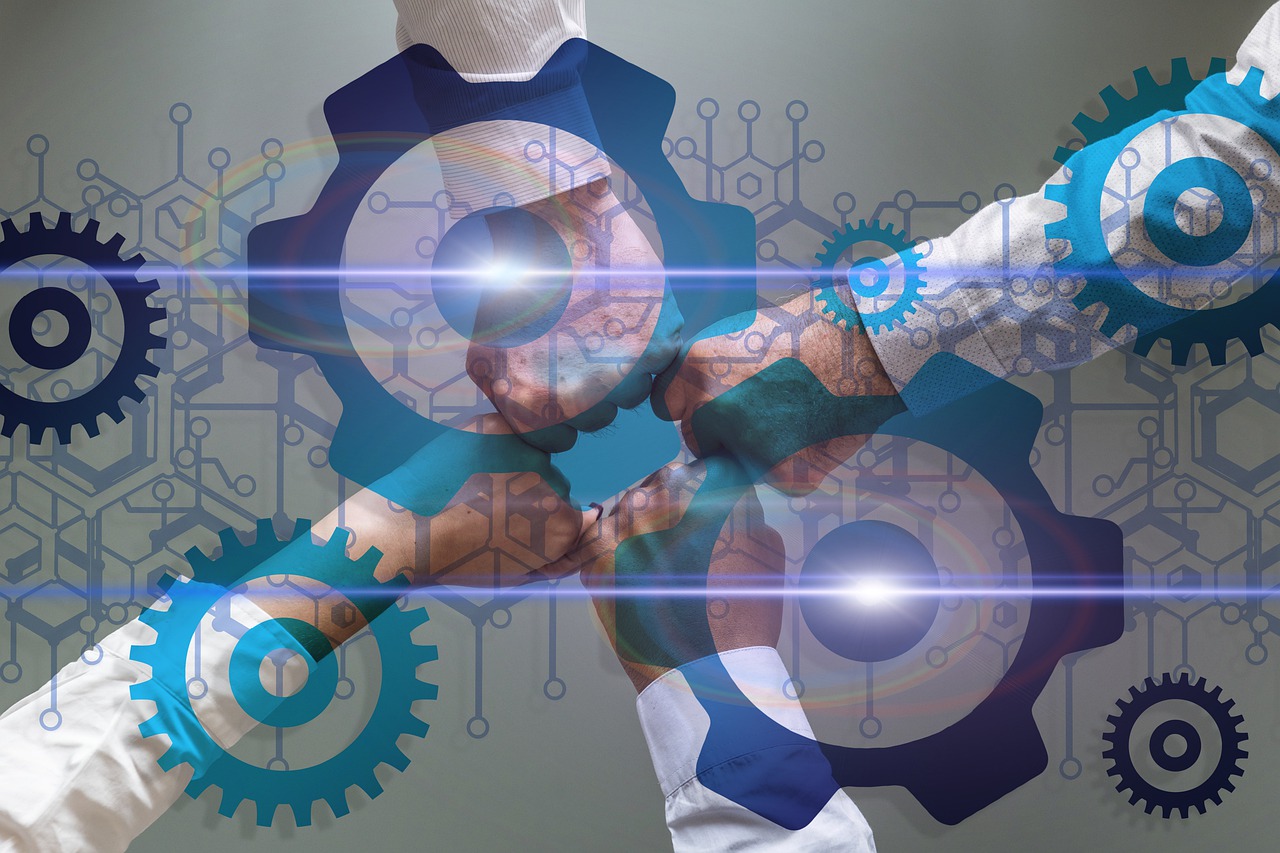In this post:
- During China’s yearly “Gaokao” college entrance exams, AI chatbots were shut down by Qwen, Tencent’s Yuanbao, ByteDance’s Doubao, and Moonshot’s Kimi.
- One of the most difficult exams in the world, the high-stakes test covers English, math, and Chinese and determines university admissions in China.
- As the Ministry of Education released instructions for the multi-level usage of AI during and after the tests, China’s vice premier urged for fair exams.
During the June 7–10 university admission exams in China, chatbot services were suspended by Alibaba, ByteDance, DeepSeek, Tencent, and Moonshot. During test hours, Tencent’s Yuanbao and Alibaba’s Qwen likewise turned off picture recognition features.
Chinese authorities also put in place a series of procedures to stop efforts at cheating, in addition to the actions taken by private AI businesses. These include stringent digital device filtering, signal jamming, biometric verifications, and video surveillance to identify unusual test activity.
According to data made public by the Chinese Ministry of Education (MoE), there are approximately 13.3million applicants for this year’s Gaokao, which is about 70K lower than the previous year. The MoE sets the exam questions for the three required topics of Chinese, math, and English that make up the Gaokao.
AI chatbots won’t respond to inquiries during exam times
As of Monday, Qwen and Doubao were still able to recognize photos, but they would not respond to inquiries concerning a test paper photo. Doubao claimed that the submitted photo was “not in compliance with rules,” but Qwen retorted that the service was momentarily suspended during exam hours on June 7–10. Automated alerts indicating the temporary service restriction—which was limited to the assessment tests—were also displayed by the Doubao and DeepSeek applications.
Photo-recognition services were suspended by Yuanbao and Kimi during the nationwide multi-day test period. “This function cannot be used during the test period to ensure the fairness of the college entrance examinations,” the chatbots retorted.
Nevertheless, no formal announcement regarding the suspension of AI chatbots during the exam time was provided by any of the AI companies. When university students were unable to use AI chatbots to study during exam hours, they allegedly shared the information on the Chinese social media site Weibo.
School administrators in a number of Chinese districts declared that they will employ AI to monitor for “abnormal behaviors,” such whispers or repeated looks between students during tests, in addition to suspending AI tools to prevent exam irregularities. Jiangxi Province in East China will implement a real-time, AI-powered surveillance system for each of the 567,100 applicants. Deep learning techniques will be used by the system to track anomalous behavior in real time by both examinees and exam invigilators.
As the Education Ministry releases AI rules, Ding demands equity
This week, Chinese Vice Premier Ding Xuexiang emphasized the need for a fight against cheating and called for a “safe gaokao.” The Education Ministry also unveiled a set of rules last month that prohibit students from using AI-generated content as exam answers, even though schools should begin developing AI talent early on.
The goal of the 2025 version of the guideline was to address privacy concerns, academic integrity, and excessive reliance on technology while standardizing the moral and proper application of generative AI. The limitations, according to a top Education Ministry committee official, are intended to guarantee age-appropriate AI use and keep younger children from growing unduly reliant on the technology.
While teachers must make sure AI can support human-led instruction rather than replace it, primary school pupils were not allowed to use AI tools that produced open-ended content on their own. Students in middle school were permitted to investigate the rational framework of information produced by artificial intelligence. High school students, on the other hand, might participate in inquiry-based learning that required them to comprehend the technological underpinnings of AI.
Additionally, the recommendation requested that educational authorities develop dynamic “whitelists” of authorized AI tools, construct data protection regulations, implement ethical review procedures, and develop localized AI management policies. Teachers have to make sure AI was used in teaching solely as a supplement.
According to the government, it would progressively build AI education bases in elementary and secondary schools and boost investments in AI education infrastructure. In order to help teachers better comprehend and utilize AI capabilities, it also intends to provide additional training sessions.
Cryptopolitan Academy: Sick of fluctuations in the market? Find out how DeFi can assist you in generating consistent passive income. Sign Up Now







